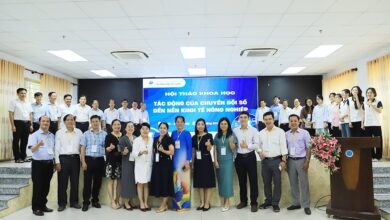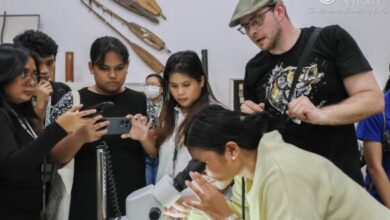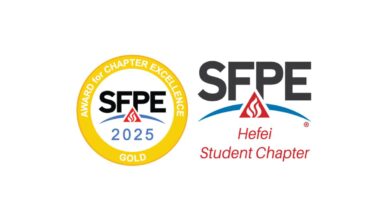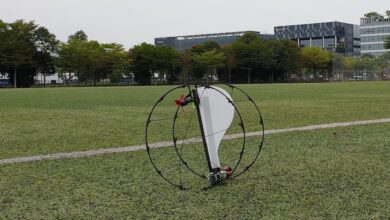EdUHK Research Reveals Kindergarten Teachers’ Perceptions of Whole-child Development

This study by Dr Chrysa Keung Pui-chi, Assistant Professor at the Department of Education Policy and Leadership, The Education University of Hong Kong, examined the relationships between leadership practices, professional learning communities, teachers’ efficacy beliefs and perceptions of whole-child development in the context of kindergarten education.
Educational reforms have recently focused on improving collaborative cultures and teachers’ instructional quality by building professional learning communities (PLCs) in kindergartens. According to the literature, teachers in PLCs conduct ongoing reflection, collaboration and collective learning to form a shared vision of children’s learning, and there may be some relationships between leadership practices, PLCs, teacher efficacy, and teacher perceptions of whole-child development.
The importance of the principal’s leadership practices in developing a PLC has been extensively supported in studies of school leadership. A PLC creates opportunities and conditions for implementing new professional practices.
Although PLCs are increasingly viewed as an important context for continuous improvement in teaching effectiveness and school improvement, very few studies have investigated the role of PLCs in improving kindergarten teachers’ practices and children’s learning.
A questionnaire was given to 2,120 teachers from 153 Hong Kong kindergartens. The questionnaire comprised four scales: (1) The 21-item Leadership Practice Scale, (2) The 20-item Professional Learning Community Scale, (3) The 12-item Teacher Efficacy Scale, (4) The 15-item Whole-Child Development Scale.
This research project fills the gaps in the literature by providing an investigation into the relationships between leadership practices, PLCs, teachers’ efficacy and perceptions of whole-child development, focusing particularly on the mediating role of PLCs and addressing (1) the effects of leadership practices on PLC components in kindergartens, (2) how significantly leadership practices are associated with kindergarten teachers’ efficacy beliefs and their perceptions of whole-child development, and (3) whether PLC components significantly mediate the relationships between leadership practices and kindergarten teachers’ efficacy beliefs and their perceptions of whole-child development.
The study found that principals’ leadership practices had a significant effect on all five PLCs: collaborative activity, collective focus on student learning, deprivatised practice, reflective dialogue, and shared sense of purpose. Kindergarten principals adopting effective leadership strategies had a great impact on developing a culture of shared purpose and a sense of collective responsibility for children’s learning. Leadership practices were also positively related to teachers’ perceptions of whole-child development directly and indirectly through the mediation of three professional learning community components: shared sense of purpose, collaborative activities, and collective focus on student learning.
The mediation analysis revealed that three PLC components were positively associated with teachers’ perceptions of whole-child development via their efficacy beliefs: (1) a collective focus on children’s learning, (2) deprivatised practice and (3) reflective dialogue.
The structural equation modelling analysis also showed that PLCs positively mediated the relationships of principal leadership to teacher efficacy and teachers’ perceptions of whole-child development. But except for a collective focus on child learning, PLC components in general had relatively weak relationships on teachers’ efficacy and perceptions of whole-child development.
The findings support the mediating role of PLCs in developing kindergarten teachers’ collaboration for improving their efficacy beliefs and perceptions of the whole-child development of children. Kindergarten principals play a key role in cultivating a supportive culture and facilitating teacher learning.
The study was conducted together with Professors Yin Hongbiao and Chai Ching-sing, Mr Clement Ng Ka-kit and Ms Winnie Tam Wing-yi at The Chinese University of Hong Kong. To learn more, please visit here.




